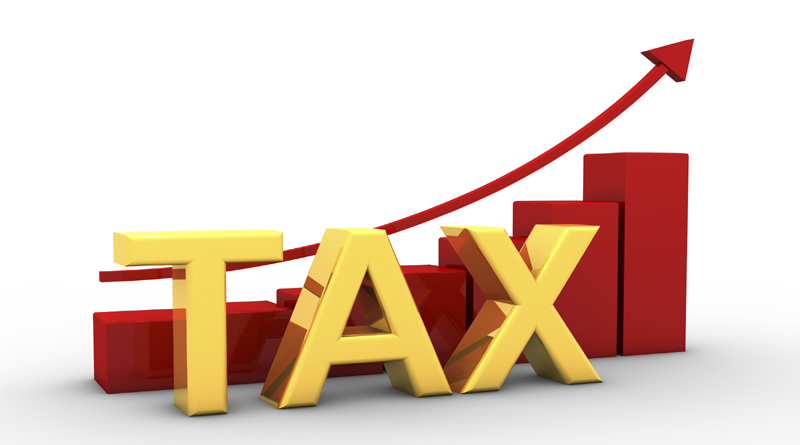The Chinese TEDA Company is facing obstacles in marketing for the development of the northwestern Gulf of Suez industrial zone after the abolition of the incentive tax offered to companies that invest in the region, which caused the withdrawal of China Glass Holding Company of its investments which are estimated at $200 million.
TEDA recently received a 6 million square metre piece of land in west of the Gulf of Suez off Ain Sokhna Port for the establishment of a major industrial zone for the development of the area.
Investment experts and businessmen said the withdrawal of the company’s investments falls within the framework of confusion in investment decisions in the Egyptian market. The decision to cancel the tax concessions in the West Gulf of Suez area came without prior warning or even informing the company.
They stressed, at the same time, that the tax rate in Egypt encourages investment, compared with neighboring markets, adding that investors now look at the investment atmosphere in general and not just taxes.
Mustafa Ibrahim, the vice chairman of the Committee on Developing Sino-Egyptian Relations of the Egyptian Businessmen Association, said that taxes on companies in Egypt, which amount to 22.5 per cent, are one of the lowest in the world, and, therefore, do not affect the investment on the local market. What matters now to the investor is the investment atmosphere and the ease of exit from the market, he added.
He explained that Law 83 for 2003 lowered the corporate tax rates on western Gulf of Suez area companies from 20 to 10 per cent and income tax on employees to 5 per cent, but this was canceled by the latest tax adjustments. This caused the withdrawal of investments of the China Glass Holding Company after having reached a contract to obtain 280,000 square metres with investments hitting $200 million.
He added that the company decided to withdraw its investments for lack of tax incentives as the company officials explained that after the decision to withdraw, as the tax privileges were cancelled without any dialogue. He pointed out to consultations for the return of these tax benefits which would result in the return of the company.
The same problem related to taxes also caused concern to TEDA in the west Gulf of Suez area, where the company is marketing for the development of an industrial zone, he said.
For his part, Hisham Tawfiq, an economist, said the tax rate is not a major factor in attracting investments, as attracting investments requires an integrated system, such as political stability, competitiveness, legislation and ease of exit from the market and others.
He explained that companies that withdraw because of taxes may be due to a major tax problem not being understood by the state officials, pointing out that the tax system in Egypt requires development in the application processes, such as the ability to solve problems, the proper review of tax declarations, provide data and other matters that facilitate the application process.
The tax rate in Egypt, which amounts to 22.5 per cent, is competitive and attracts investment, but the State should respect the imposed tax rate and should not raise when the companies pay taxes, he added.
Board Chairman of Abu Dhabi Islamic Investment Company Karim Helal said transparency, clarity and non-confusion in decision-making are important things that encourage investment more than tax incentives. The problem in Egypt is the difficulty in taking sound decisions and not taking into account the timing of the decisions that are taken, he said, adding that the law is issued then its executive regulation is issued after several months and these matters cause uncertainty to investors.
He called on the government to adopt a comprehensive economic vision and to study all aspects from all dimensions so as not to disrupt laws or regulations.
Executive Director of Ernst & Young Company Medhat Afifi said that the investment atmosphere in Egypt requires a revolution and that the tax system needs a radical change so that the investment environment is really attractive. It is not acceptable that an investor deals with a law and then it is later changed.
The investment atmosphere, which can attract cash flows from abroad, requires stable laws, which is not the case in the Egyptian market, he said.
CEO of Lafarge Cement Hussein Mansi said the tax rate in Egypt is not repellent to investment, but the problem lies in the taxes in Egypt which need the application of the value-added method so that the sales taxes are deducted in each process, then the amount is calculated according to the value-added, he said, pointing out that this is better for transparency and clarity in the market.
Applying the value-added method is one of the ways that contribute to the elimination of the informal economy, and, therefore, taxes in Egypt are not high compared with neighboring countries and they are also attractive to investment, he added.


